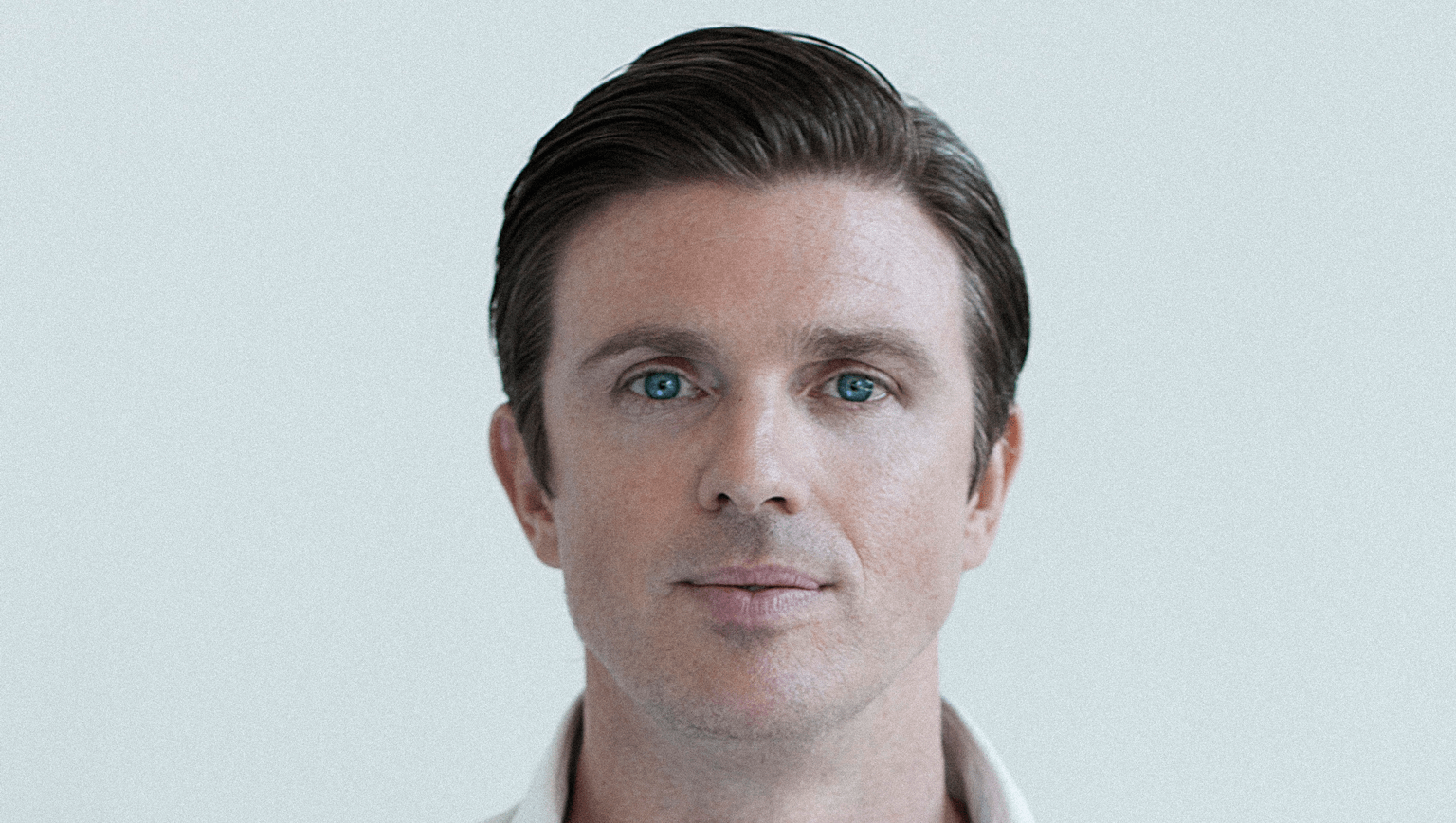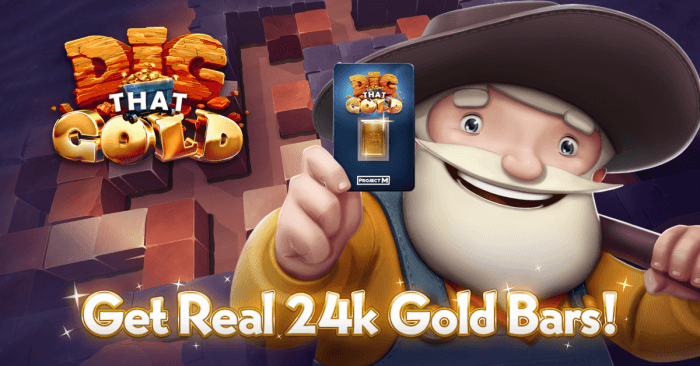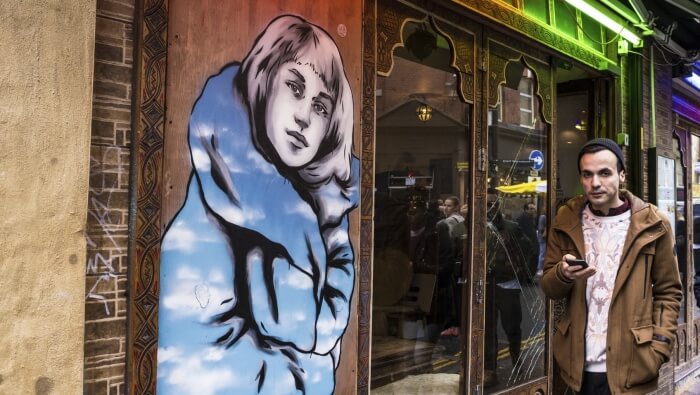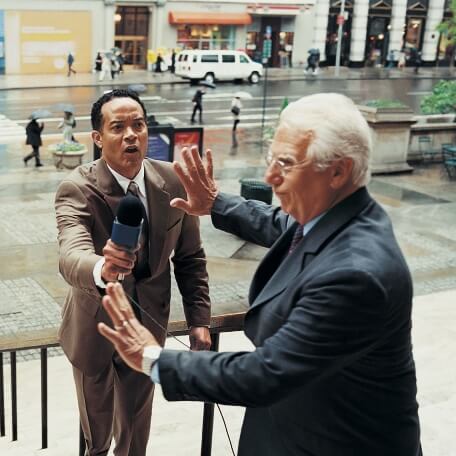Sean McNicholas' Dig that Gold game delivers real gold bars to users' homes and has 100,000 downloads to date.
Project M Strikes Gold With New App
Sean McNicholas' Dig that Gold game delivers real gold bars to users' homes and has 100,000 downloads to date.

Sean McNicholas, founder and CEO of project M, walks us through his successful app launch and explains why motivating users with 'real world' rewards, not just in-game upgrades, is the best way to entice early adopters.
Hi Sean, give us your elevator pitch.
Project M is a mobile game studio based in London that has launched the world’s first mobile game that awards real 24k gold bars directly to your door: Dig That Gold. And there’s more; we have also created a unique business model that allows investors and entrepreneurs to be part of this first-of-its-kind gaming platform by investing in one of the virtual mines players enter in Dig That Gold.
How did your business come about?
The whole business was born from a crazy idea that I – someone with no technical background – wanted to create a mobile game that gave away real, tangible awards to players. So many people invest a huge amount of time and money into playing mobile games and I wanted to develop a game which gave them something back.
In fact, Project M commissioned its own research which found that on average a mobile gamer in Britain spends £4 a week on in-app purchases – equating to over £4.27 billion spent across the UK each year. That’s a huge amount considering the vast, vast majority of these gamers will not see any physical return for this investment.
And so we launched Dig That Gold, the first mobile game to come out of our studio.
Plot your growth story to today
The project began for me four years ago. The early days were spent working tirelessly on research and development; researching the market, gameplay mechanics and legalities around this unique game and business concept.
Once I had a strong grasp on the industry, I began work on developing the game story, figuring out how the awards would work, and creating the business model so investors could share in this exciting new project. After a year of initial research and planning, I recruited a head developer to work on the GDD (game design document).
The two of us worked remotely at first, before bringing on board a head artist and head server developer to create the core team. This team of four moved in to the Shoreditch Tech Hub where over time the team gradually grew to 18 developers, testers and artists.
We launched a beta version of Dig That Gold in early 2016, before the game was officially launched on 27 September. So far we’ve had 100,000 installs and hundreds of real 24k gold bars have been given away.
What have been the major bumps in the road?
Working in the tech sector comes with many challenges, especially when it comes to deliverables. Things go wrong, some tasks take longer than expected, and plans change, particularly when working in agile development. Having not come from a tech background, these were all things I had to come to terms with; I quickly learnt that you must be ready to adapt and make decisions on the fly.
There is no time to ponder for days on problems – you must be open-minded, digest all options and make executive decisions for the greater good of the business. It’s important that you do not allow things to bog you down as this is a very fast-paced industry and you need to keep driving the business forward.
How have you nurtured your point of difference?
The business has two USPs. Firstly, the mobile game that we have created is unlike anything else on the market in that it gives away real 24k gold. Secondly, the business allows investors to be part of this unique gaming platform by enabling them to easily purchase a mine within Dig That Gold. Neither of these things has ever been done before.
Focusing on these two differentiating factors has been central to everything we’ve been doing at Project M over the past four years; it has enabled the business to gain fantastic traction with both investors and consumers.
From a gaming perspective, we’ve already had close to 100,000 installs, while earlier this year we earned the title of the fastest-growing franchise investment in Britain from Franchise Direct, the UK’s leading franchise directory. It’s evidence that we’ve not only created something truly unique, but that people are keen to become a part of this exciting new venture.
What is the hardest thing about owning your own company and what makes it fulfilling?
The hardest thing for me is the sacrifice. I have three children and a wife and it’s extremely difficult that I often don’t see them all week due to the long hours I have to put in to the business.
I do try to find a balance and dedicate my weekends to them, but I know I will never get that missed time back because the kids grow up so quickly. I like to think that my hard work and dedication is for them, and hopefully we will all be rewarded for the current hard work and sacrifice in the future.
What has been your biggest mistake as a business?
I don’t believe in making mistakes. I believe that some decisions don’t work as expected, and you learn from that to improve yourself and your business. If you’re going to start a business, particularly in such a fast-moving industry such as mobile gaming, you cannot adopt a mindset that is affected by the fear of making a mistake; you simply have to be learning and adapting at all times.
What are your top three tips for someone starting a business in the mobile game sector?
- Be prepared for a long, arduous journey with many sacrifices along the way.
- If you believe in it, keep going until you reach your goals.
- It's all about people, process, product. Get a dynamic team, implement a robust structure, and produce a great game.
Thanks for signing up to Minutehack alerts.
Brilliant editorials heading your way soon.
Okay, Thanks!





